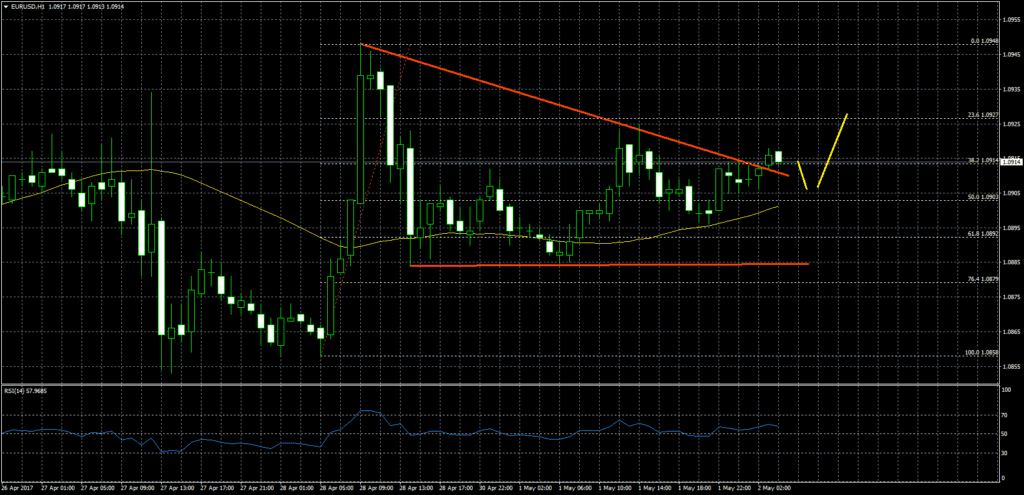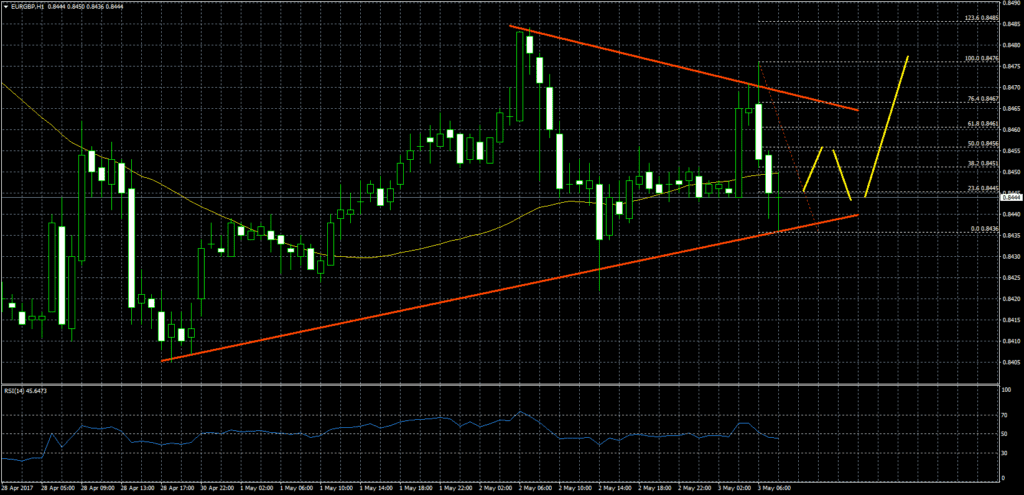Greece reached a deal with its international creditors early Tuesday, on reforms ranging from further cuts to pensions to less tax breaks, thus paving the way for the disbursement of the next tranche of funds from the EUR 86 billion bailout agreed in 2015 and the start of talks on a possible debt relief.
The Greek government and lender institutions agreed a "preliminary technical agreement" on reforms under the bailout deal, Greek Finance Minister Euclid Tsakalotos announced on Tuesday.
"There was white smoke," he said after overnight talks, in an allusion to the papal election.
Staff teams from the European Commission, the European Stability Mechanism, the European Central Bank and the International Monetary Fund held talks with the Greek authorities on the policy package.
Discussions over the release of the next bailout tranche totaling more than EUR 7 billion had stalled after a review mission to Athens returned in December without reaching a deal.
The country is in dire need of bailout cash to meet debt repayment of more than EUR 7 billion due in July, or risk default.
Welcoming the Tuesday's agreement, Eurogroup President Jeroen Dijsselbloem said this will be "complemented by discussions in the coming weeks on a credible strategy for ensuring that Greece's debt is sustainable."
The Greek government hopes to legislate the agreed measures by May 16, Dimitris Tzanakopoulos, a government spokesman, said. He described the latest deal as "balanced".
The measures must be passed by the Greek parliament ahead of the euro area finance ministers meeting on May 22, when they may approve the disbursal of the emergency funds and agree to start talks on debt relief for the country.
"The agreement reached overnight in Athens on the Greek Stability Support Programme is a very positive development following months of complex negotiations," Pierre Moscovici, EU Commissioner for Economic and Financial Affairs, said.
"These new efforts agreed by the Greek authorities open the way for a rapid conclusion of the second review."
The swift implementation of these commitments should enable the Eurogroup to endorse this agreement at its next meeting, he added.
Under the deal, Athens has agreed to carry out pension cuts in 2019 and raise taxes, and privatize its energy market.
Reports suggested that the Greek government and lenders are yet to have a concrete agreement on primary surpluses.
Main opposition party the New Democracy voiced its opposition to the deal on Tuesday. The centrist To Potami party also attacked the Syriza's Alexis Tsipras-led government over the deal.
It is widely expected that the government will be able get the deal approved by the parliament and avoid having an early election.
by RTT Staff Writer
For comments and feedback: editorial@rttnews.com
Economic News
What parts of the world are seeing the best (and worst) economic performances lately? Click here to check out our Econ Scorecard and find out! See up-to-the-moment rankings for the best and worst performers in GDP, unemployment rate, inflation and much more.





